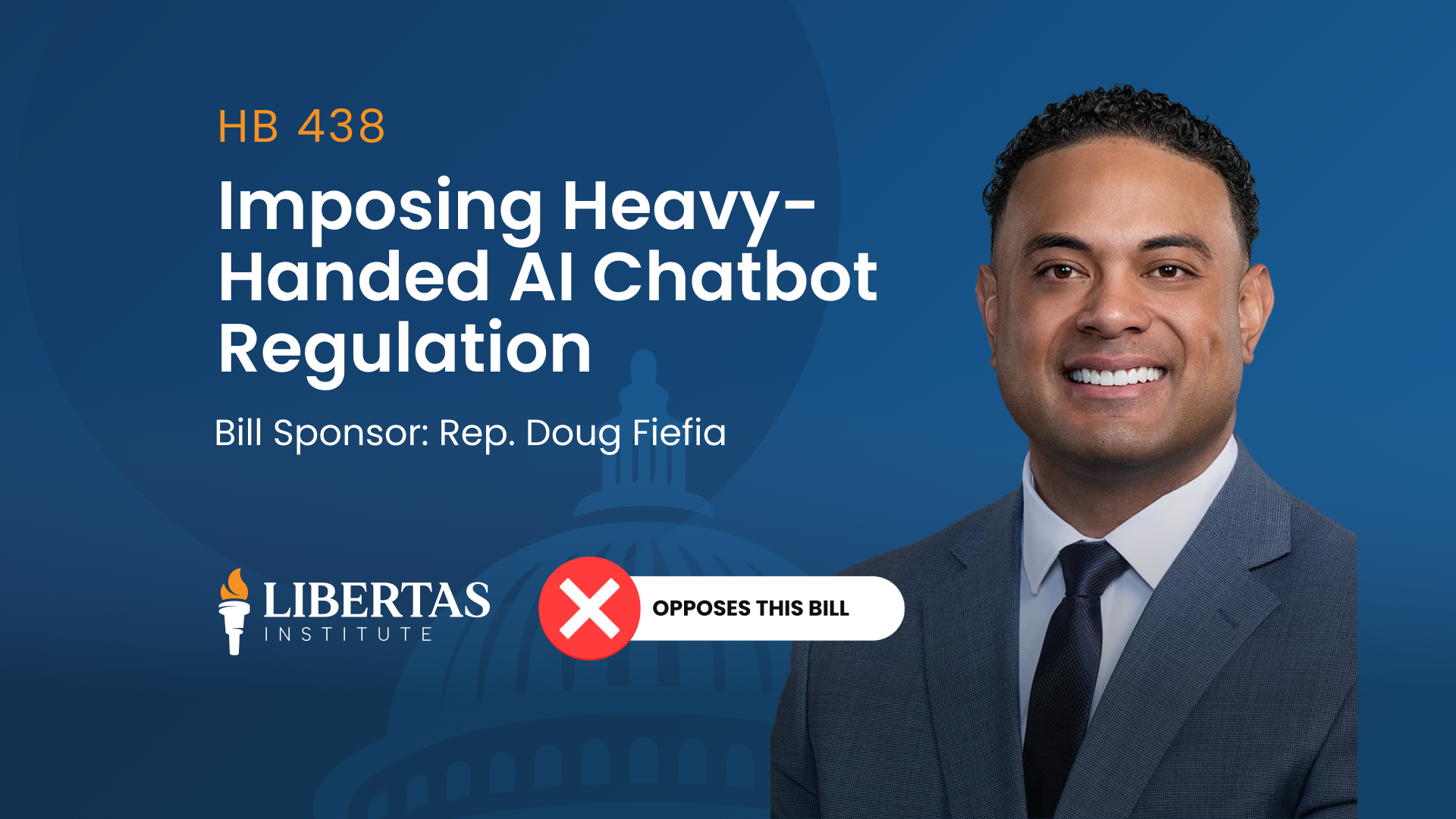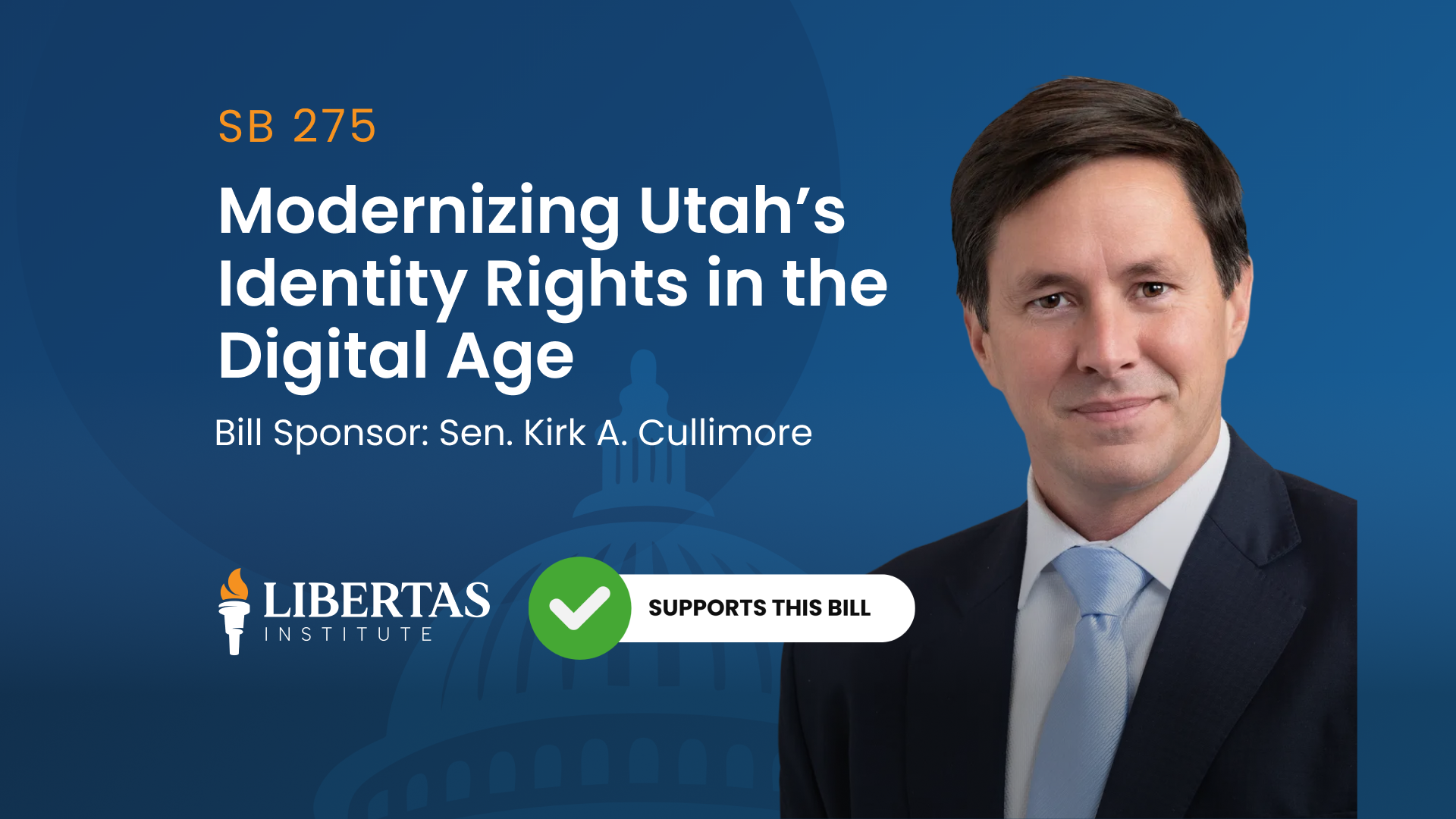To track the status of this bill, find it on our Legislation Tracker. Click here to contact the sponsor of the bill to share your thoughts, or click here to email your Senator and Representative about it.
Libertas Institute supports this bill
When a person fails to pay a citation, it’s common practice for Utah to suspend their driver’s license. Additionally, a court may issue a warrant for the person’s arrest to get them to comply with the terms of the citation. The latter makes sense in terms of accountability, but suspending a person’s license does not; there is no reasonable nexus between a failure to pay the government and the suspension of one’s driver’s license.
Most citations come with a fine and instructions on appearing in court if the fine isn’t paid by a certain date. If a person fails to pay the fine or appear in court, a warrant should be sufficient in getting them to do so. Taking away their ability to legally drive imposes needless harm on the individual that often is far harsher than the penalty for the underlying crime itself.
Suspending a person’s driver’s license for failure to pay is also antithetical to the goal of getting them to pay. Most jobs require reliable transportation, and without a driver’s license, that becomes very difficult to achieve — especially in rural Utah. And when people simply can’t afford to pay their ticket in the first place, the suspension will only make their financial situation worse.
Representative Cory Maloy is sponsoring House Bill 143 to ensure that Utah no longer suspends an individual’s driver’s license for failure to pay fines or failure to appear in court for many offenses. A court can still issue a warrant to obtain compliance, but HB 143 prevents preemptive suspensions that only cause harm to individuals and needlessly waste law enforcement’s time and resources, as they are currently tasked with dealing with the aftermath of people driving on suspended licenses.
To ensure the state can still keep bad drivers accountable for their actions when they fail to pay or appear, HB 143 allows courts to conduct trials in absentia (the person’s presence isn’t required) for driving-related offenses that don’t carry a penalty of jail time. This will allow the state to maintain accountability by assessing points on a person’s driving record.
For more serious driving-related crimes like DUI or reckless driving, the state will maintain the ability to suspend licenses if the person fails to appear. This ensures the safety of the roads is upheld even if the person fails to comply with their citation.




